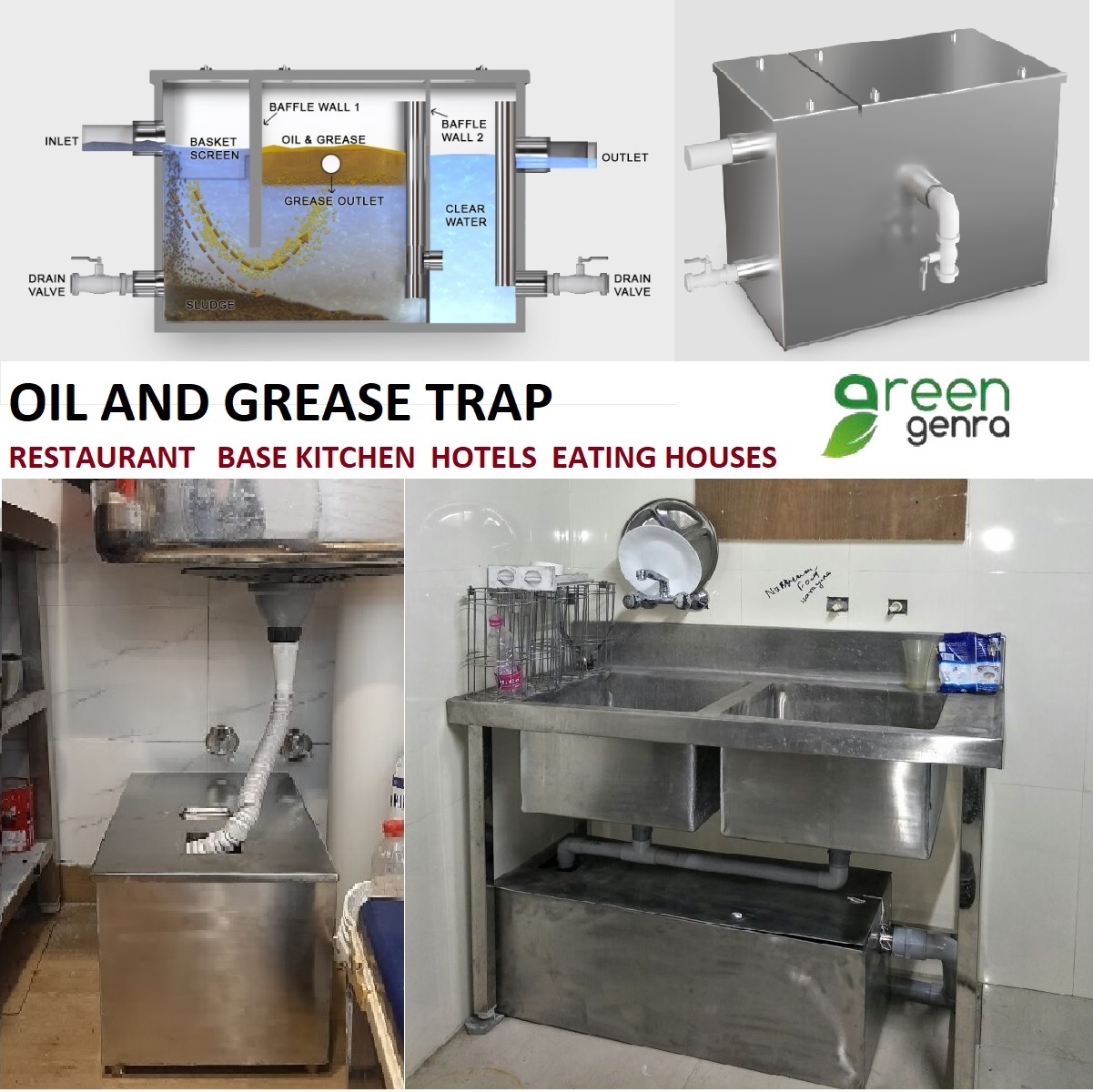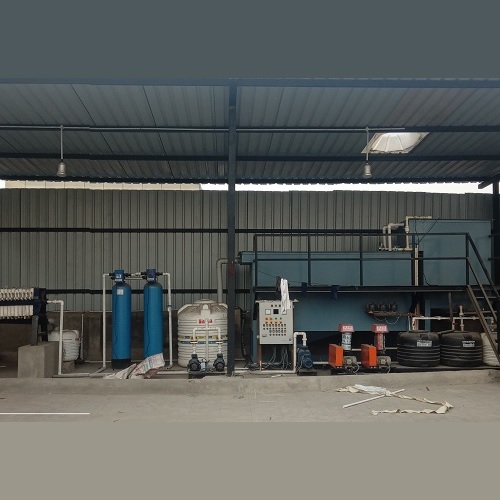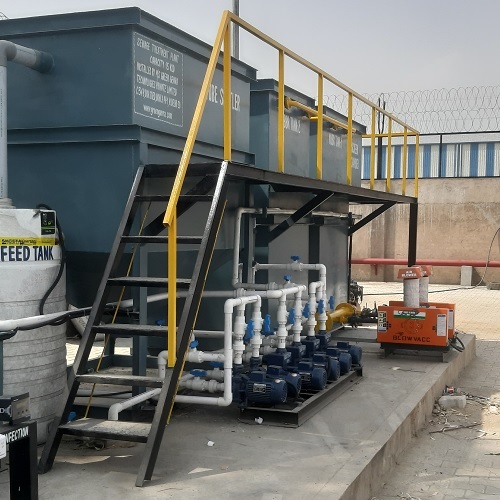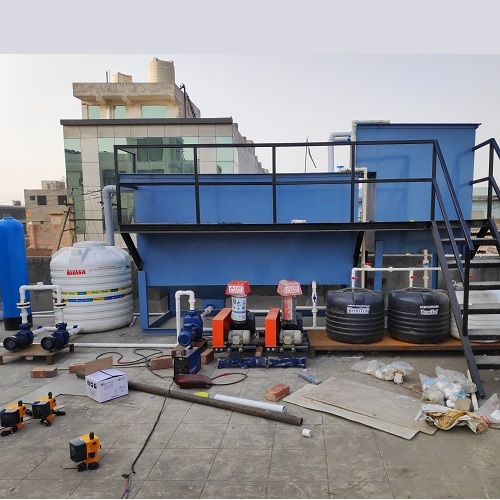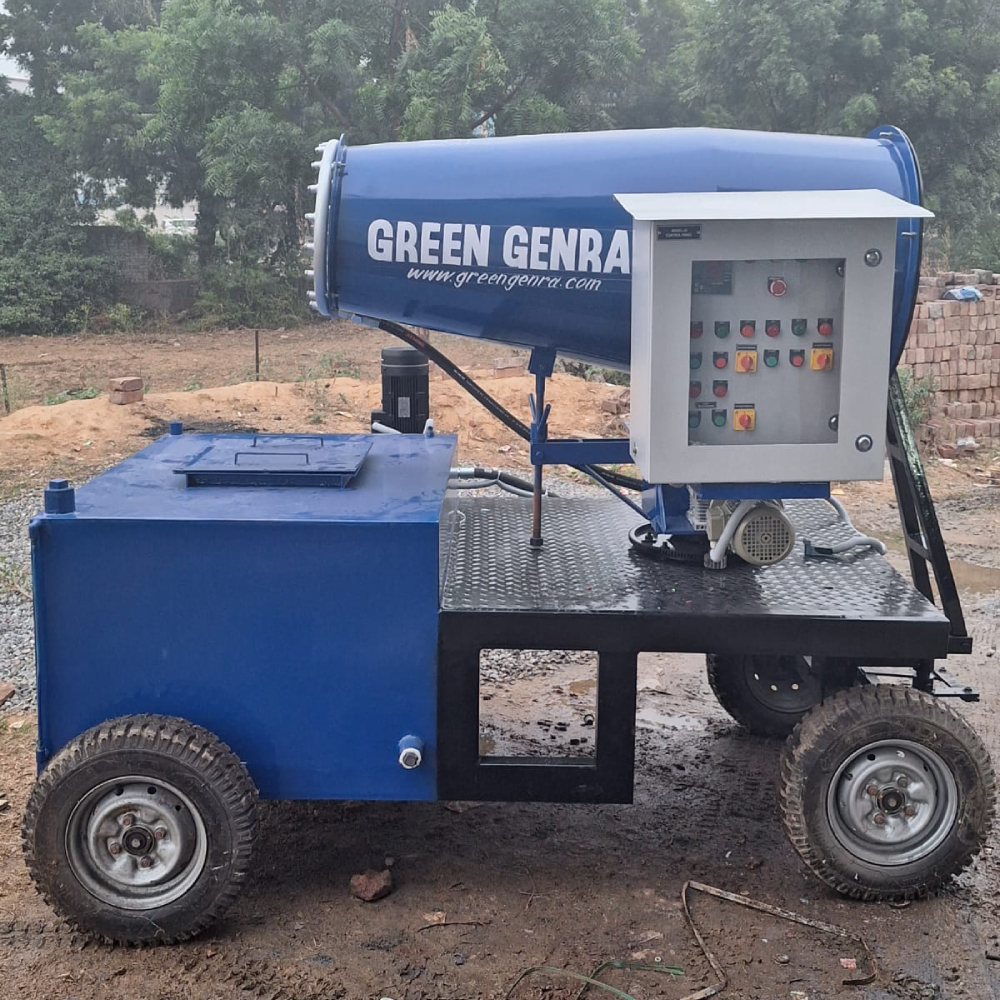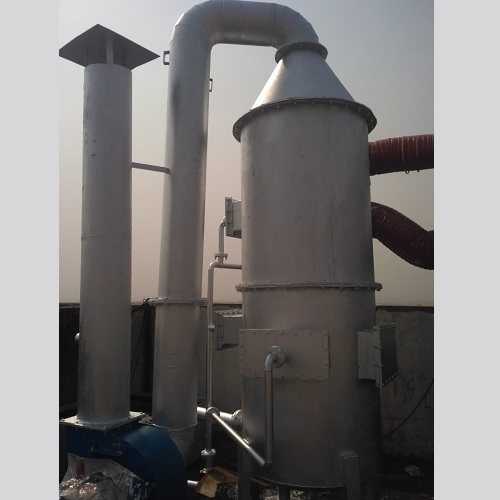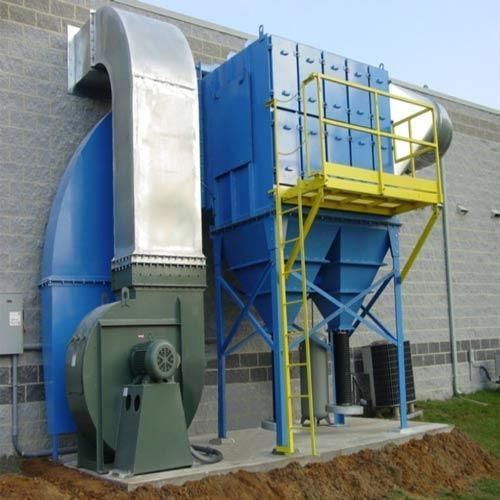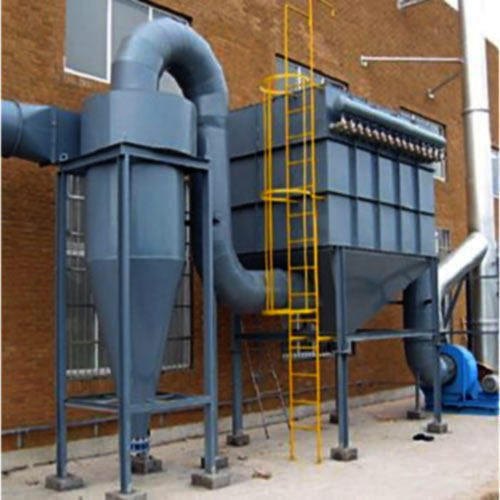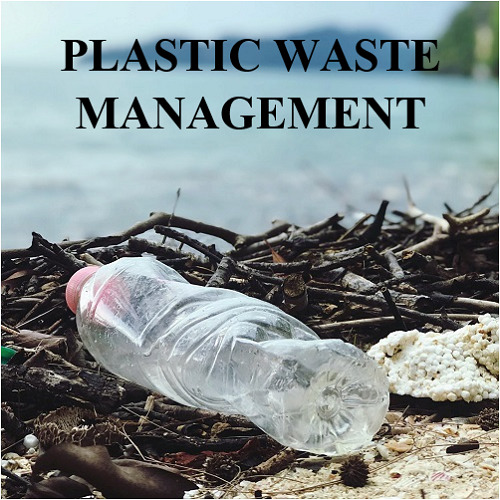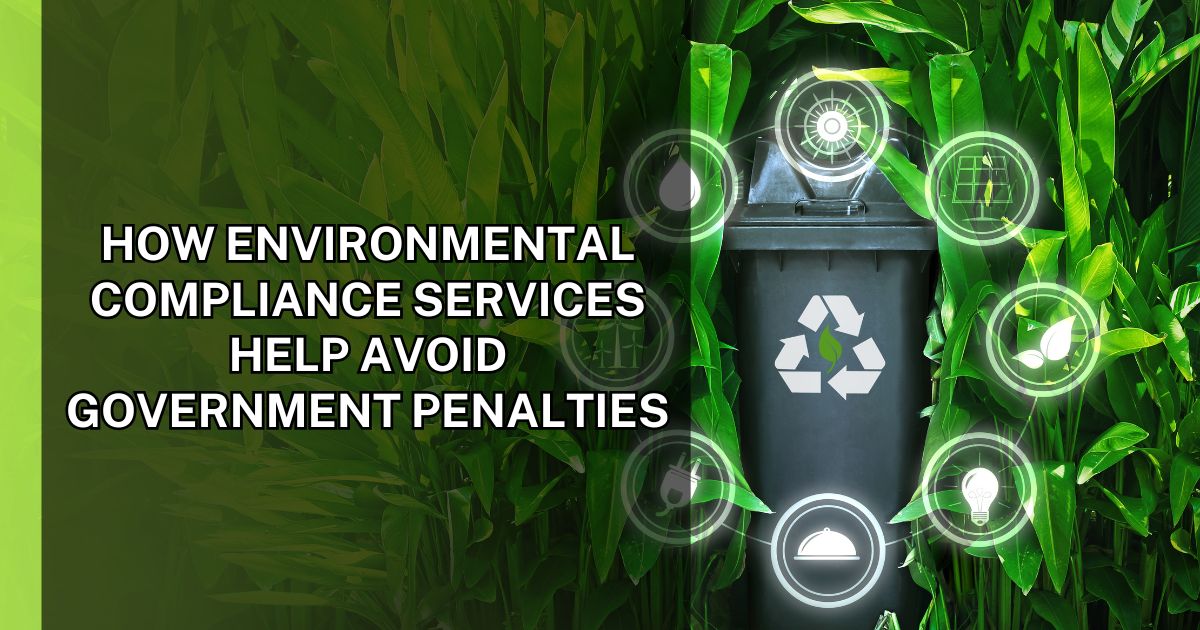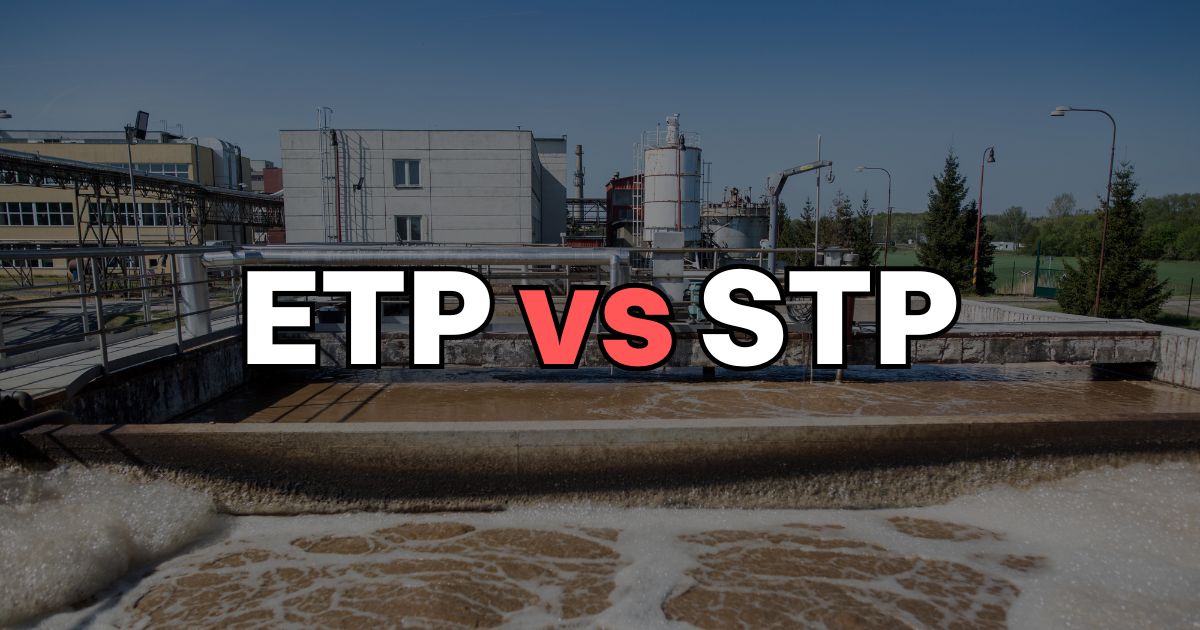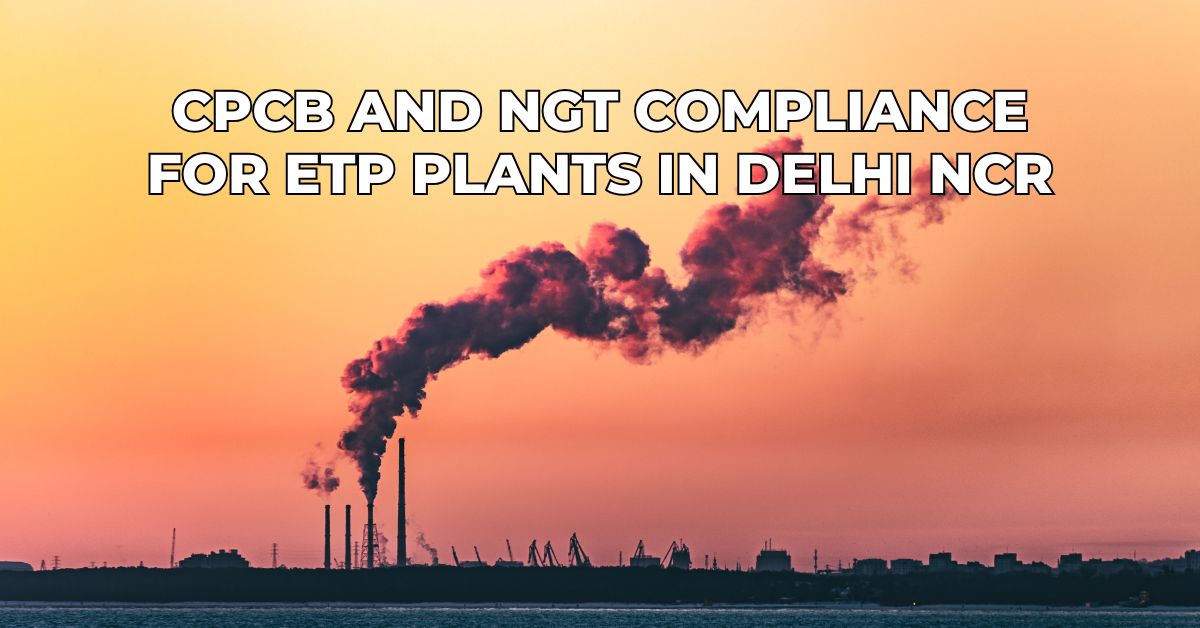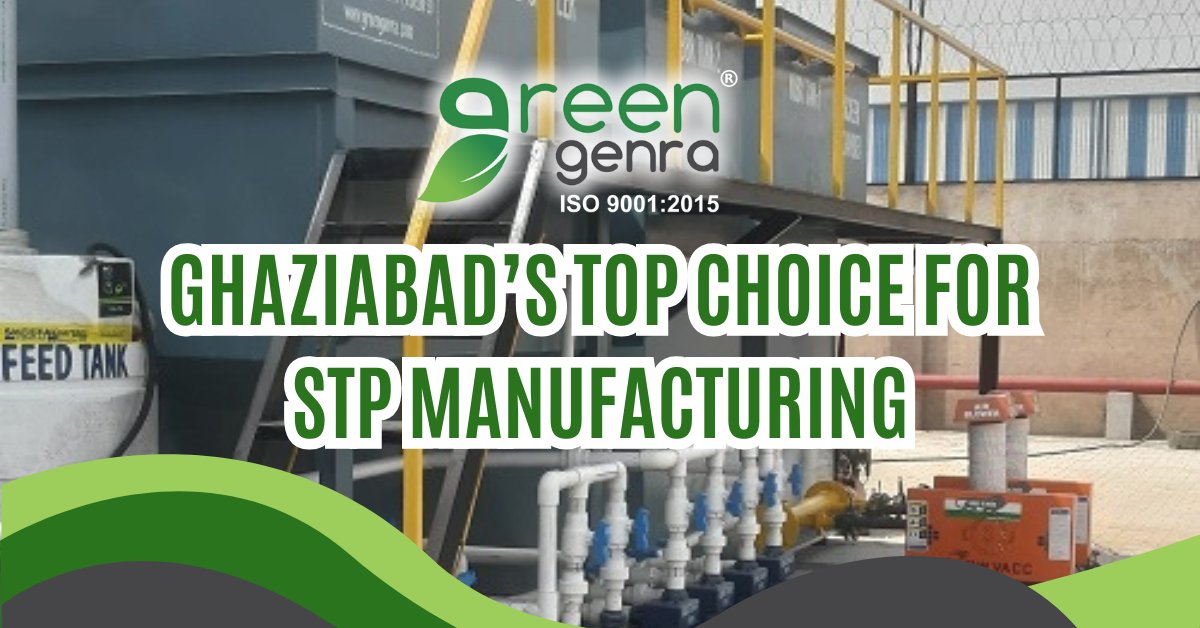Water Expo 2025 in New Delhi 28-30 August 2025 | Pragati Maidan, New Delhi India 20th Everything About Water Expo 2025 ...
Waste Water Treatment Chemicals
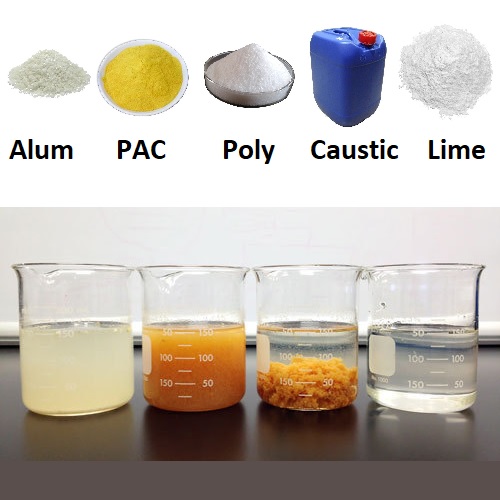
Various Chemicals called coagulants and flocculants are used for treatment of waste water. Physico-chemical treatment of wastewater focuses primarily on the separation of colloidal particles. This is achieved through the addition of chemicals (called coagulants and flocculants). These change the physical state of the colloids allowing them to remain in an indefinitely stable form and therefore form into particles or flocs with settling properties.
The most commonly used coagulants are ferric chloride, ferric sulfate, aluminium sulfate, aluminium polychloride, lime, Sodium hydroxide.
Certain types of chemicals used in Waste Water Treatment
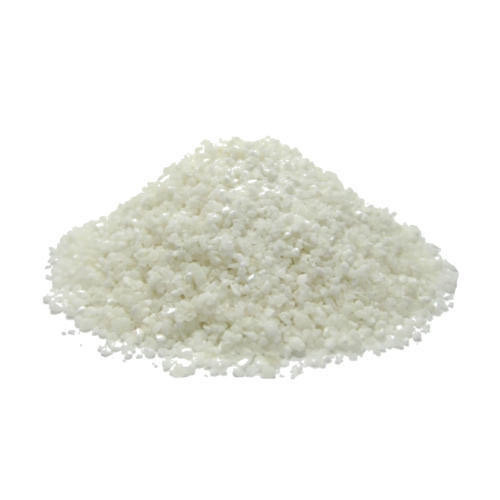
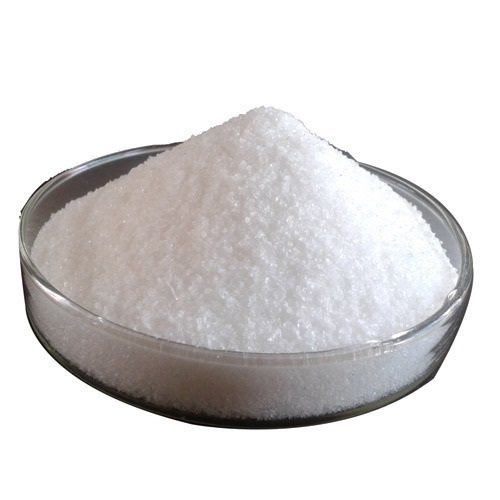
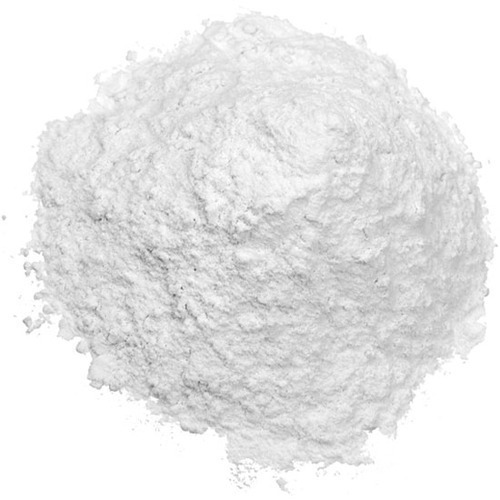
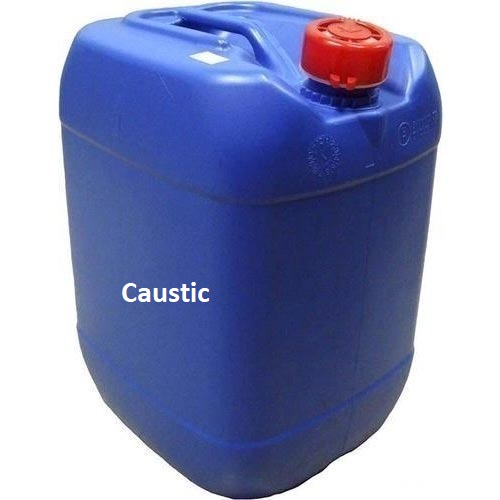
Coagulation refers to destabilization or neutralization of the negative charges contained in the wastewater by the addition of a coagulant applied during rapid mixing and a very short contact time. The quantity of coagulant applied during coagulation depends on the quality of water (domestic or industrial).
Flocculation refers to the formation of flocs and bridges. In this stage, previously formed flocs group together, increasing in volume and density, allowing them to be sedimented. This is achieved by applying a gradient and a contact time varying between 15 min and 3 h

Lime Price Rs 15/ Kg Minimum Order Quantity 200 Kg

Alum Price Rs 20/ Kg Minimum Order Quantity 200 Kg

Poly electrolyte Price Rs 550/ Kg Minimum Order Quantity 5 Kg

Sodium Hydroxide Price Rs 80/ Litres Minimum Order Quantity 50 Litres
- Water Treatment
- Waste Water treatment
- pH Control
- Pretreatment
- Disinfectant

































Understanding Grease Traps: What are they, and why are they essential? Grease Traps, also known as grease interceptors, ar...
As India tackles pollution, waste management and climate change, the environmental regulations are becoming increasingly stri...
Are you planning to install ETP (Effluent Treatment Plant) or STP (Sewage Treatment Plant) in India? If so, understand the di...
Ghaziabad has witnessed an increase in several industries in the past few years. The continuously rising population and a gro...
Effluent Treatment Plant (ETP) from reliable ETP Plant Manufacturers play a key role in reducing industrial pollution by trea...
With the increasing levels of water contamination in Ghaziabad because of growing industries and a growing population, wastew...

